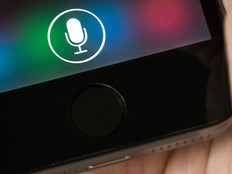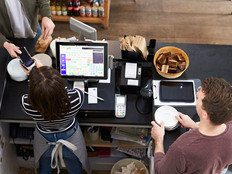IT Security: Malware Is Going Mobile Too
The conveniences of mobile computing sometimes lead users to unknowingly make trade-offs in IT security. Most users know about installing antivirus software on their desktop or notebook computers, but far too many don’t even bother to put a passcode on their tablets or smartphones.
Martin Yip, a senior marketing manager for RSA, warned of the dangers of mobile computing without protection in a post for the Spiceworks community.
Mobile users are accessing everything from personal healthcare records to their investment accounts, registering their cars and paying their taxes. The number of mobile banking users alone is expected to reach 530 million this year. In addition, organizations are under increasing pressure from employees to support personal mobile devices in the workplace. Most enterprises are challenged by the policy and security implications of BYOD, which impact everything from network access, data protection, and identity management to application delivery.
Predictably, as functionality and technology move to new vectors, so does fraud — and the mobile channel is no exception. Attacks that have evolved in this vector include “mobilized” versions of Trojans, phishing, and ransomware. But it’s the portable nature of these “pocket” devices that makes them — and the information they store or access — even more vulnerable. (When was the last time you misplaced your desktop?)
Even though they may not seem like it, smartphones and tablets are computers. And that means they require the same measures of protection as the traditional PC.
Have you implemented mobile security rules and policies in your organization yet?
For more great content from around the web, check out the 50 Must-Read IT Blogs from BizTech.








